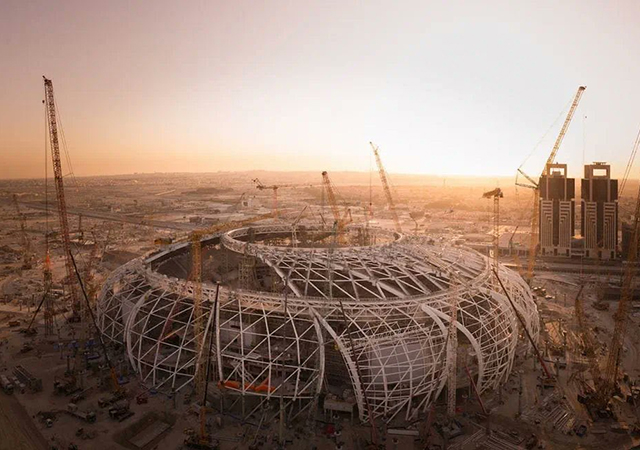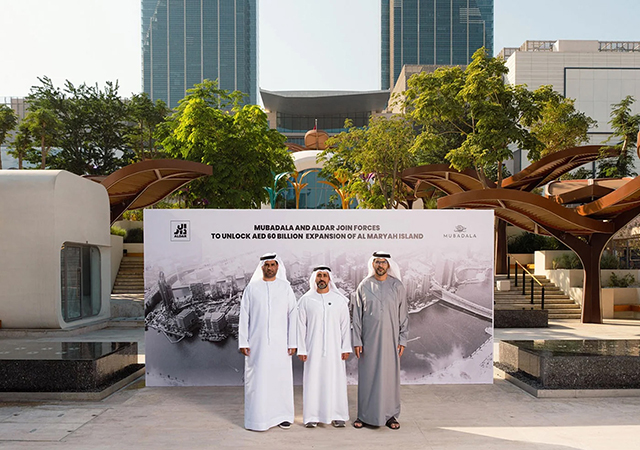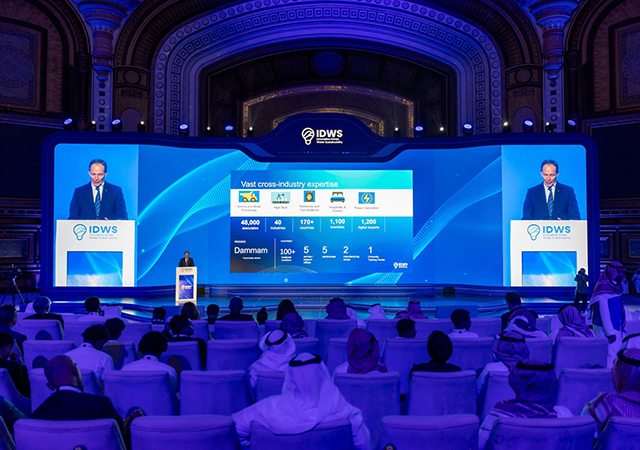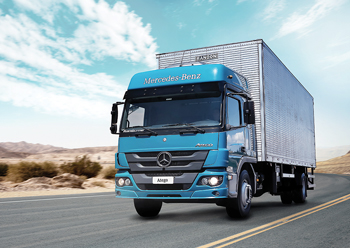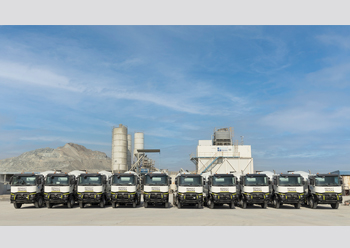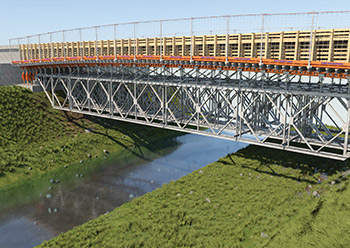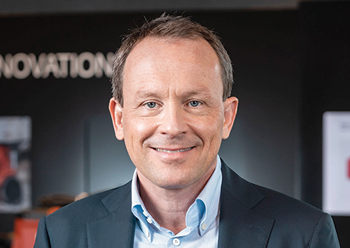

Hilti, a Liechtenstein-based multinational company that manufactures products for the construction, building maintenance, energy and manufacturing industries, is looking to broaden its footprint in the region in a bid to help customers to enhance their productivity and profitability.
In an exclusive interview with Gulf Construction, Hilti’s CEO Christoph Loos says: “The Gulf region today represents around four to five per cent of the overall Hilti group revenue. The region is quite strategic to the group for the mix of commercial and residential construction/ landmarks and energy sector projects it offers.”
Hilti has a regional presence in all the GCC markets with a full-fledged set-up to support contractors and consultants alike and is aiming to increase its penetration in the market by leveraging its Tool Park Management solutions to support customers in optimising their tool parks, thus reducing their operational costs and enhancing productivity with best-in-class Hilti tools and inserts.
The company also intends to support the trend towards digitalisation, by providing consultants and contractors with software solutions that allow them to optimise their designs and ensure the highest level of safety with its anchoring solutions. In addition with its integrated system and building information modelling (BIM) solutions, it is looking to co-partner with customers in optimising all their engineering requirements related to support systems, fire protection and anchoring.
“A particular focus for us is to help our customers to improve their processes in planning and design, on the job site as well as between office and site. For this, we offer a transparent, data-driven Tool Park Management, many digital design, calculation and selection tools as well as more and more software solutions,” Loos points out.
He adds that Hilti’s recent acquisition of Fieldwire, the leading US-based job site management software, has been an important element in fulfilling this ambition.
Hilti has weathered the pandemic crisis well, having already been on the path to recovery last year: it closed the year with nearly CHF6 billion ($6.43 billion) sales and very solid financial results, according to Loos.
“We expect our current double-digit growth momentum to continue also in 2022,” he states.
To propel its business, Hilti has embarked upon reviewing the group strategy to steer its growth until 2030.
“It’s clear already that we will use our financial strength for strong investments to help drive the ongoing transformation in our industry towards more digitally-enabled and industrialised operations. Our ambition is to be the partner of choice for our customers to improve productivity, health and safety and sustainability,” Loos indicates.
Driving Hilti’s success is its unique business model – it operates exclusively with a direct-to-customer model, with more than half of its 31,000 team members working in the field as account managers, engineers and specialists.
“This provides us with the unique possibility to directly support our customers in designing their fastening solutions, on the job site as well as in optimising their business processes,” he says. “Running such a direct model with an army of highly qualified team members around the globe is operationally very demanding. But it’s a true differentiator over our competitors. This puts us in a strong position to now help our customers in digitising their business operations.”
In line with the global sustainability drive, Hilti has committed itself to ensure its operations are carbon-neutral by 2023 and to become the leader in circularity in its field.
Hilti focuses exclusively on the construction industry as well as the energy and industry sectors, providing a full range of power tools and leading solutions for structural fastenings, MEP supports as well as passive firestopping solutions. In addition, it offers a comprehensive set of software solutions and services, typically connected to its hardware products.
Loos blames the slow progress made by the construction sector in boosting its productivity to the lack of upfront design, planning, value-engineering and conflict resolution solutions. This is gradually changing and Hilti is playing an important role in helping its customers use the respective technologies in their business operations, he says.
In these digitalisation efforts, BIM is vital, as it strives to employ one comprehensive design and data set throughout the construction process, across all stakeholders.
“The aim is to develop a detailed 3D model way ahead of the physical construction and with this eliminate today’s reality where many problems are still being solved on site,” he remarks.
Hilti’s fastening and firestop products are all available for digital design and are supported with design, engineering and modelling services for customers.
“On the equipment side, we are able to read out usage, state-of-health and geo-location data from our tools, store the data in the cloud and provide this information to our customers to enable a professional and proactive tool-park and asset management,” he points out.
Loos, himself, is poised to step into a new role at Hilti: In January 2023, he is set to transition into Hilti’s board of directors to take over the role as Chairman of the Board, handing over the CEO role to his successor Jan Doongaji.
Loos has been with Hilti for 21 years and has served as the group’s CEO since 2014.








.jpg)

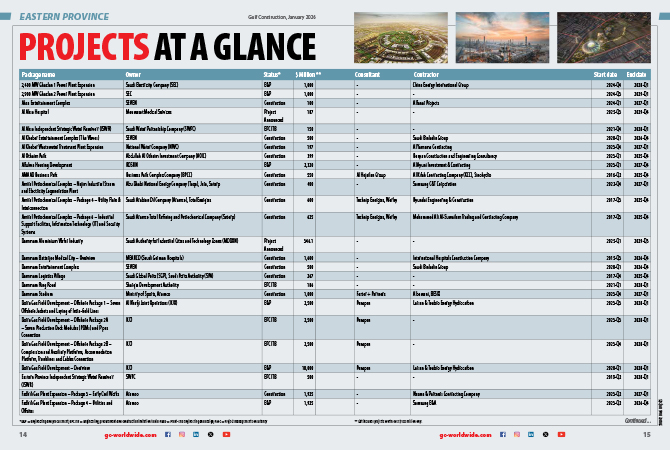


.jpg)





















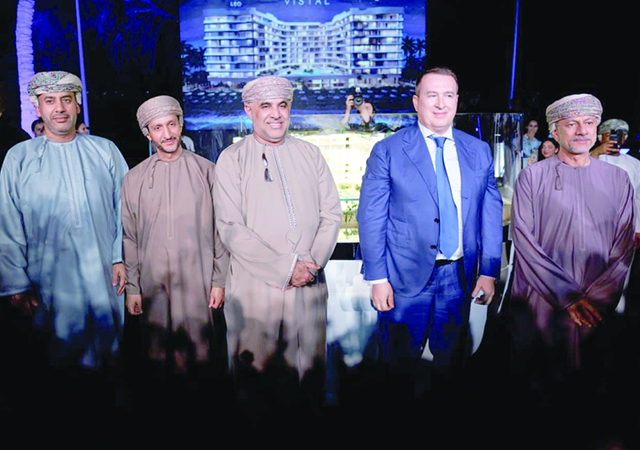






.jpg)










